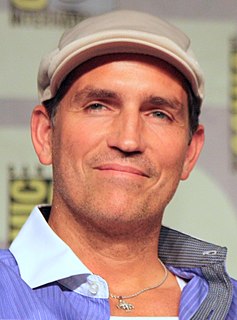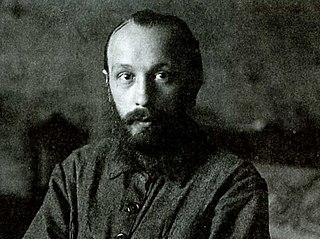A Quote by Stephen Chbosky
I think the idea is that every person has to live for his or her own life and then make the choice to share it with other people. Maybe that is what makes people "participate.
Related Quotes
No matter what choice you make, it doesn't define you. Not forever. People can make bad choices and change their minds and hearts and do good things later; just as people can make good choices and then turn around and walk a bad path. No choice we make lasts our whole life. If there's ever a choice you've made that you no longer agree with, you can make another choice.
People aren't born good or bad. Maybe they're born with tendencies either way, but it's the way you live your life that matters. And the people you know. Valentine was Hodge's friend, and I don't think Hodge really had anyone else in his life to challenge him or make him be a better person. If I'd had that life, I don't know how I would have turned out. But I didn't. I have my family. And I have you.
This has been her problem all her life: picturing other people's responses. She's too good at it. She can picture the response of anyone--other people's reactions, their emotions, their criticisms, their demands--but somehow they don't reciprocate. Maybe they can't. Maybe they lack the gift, if it is one.
No thought, no idea, can possibly be conveyed as an idea from one person to another. When it is told it is to the one to whom it is told another fact, not an idea. The communication may stimulate the other person to realize the question for himself and to think out a like idea, or it may smother his intellectual interest and suppress his dawning effort at thought. But what he directly gets cannot be an idea. Only by wrestling with the conditions of the problem at first hand, seeking and finding his own way out, does he think.
When the psychiatrist approves of a person's actions, he judges that person to have acted with "free choice"; when he disapproves,he judges him to have acted without "free choice." It is small wonder that people find "free choice" a confusing idea: "free choice" appears to refer to what the person being judged (often called the "patient") does, whereas it is actually what the person making the judgment (often a psychiatrist or other mental health worker) thinks.
It becomes 'one's own' only when the speaker populates it with his own intentions, his own accent, when he appropriates the word, adapting it to his own semantic and expressive intention. Prior to this moment of appropriation, the word does not exist in a neutral and impersonal language (it is not, after all, out of a dictionary that the speaker gets his words!), but rather it exists in other people's mouths, in other people's contexts, serving other people's intentions: it is from there that one must take the word, and make it one's own
He shook his head. "Some people think that they like music, but they have no idea what it's really about. They're kindding themselves. Then there are people who feel strongly about music, but just aren't listening to the right stuff. They're misguided. And then there are people like me."
"People like you," I said. "What kind of people are those?"
"The kind who live for music and are constantly seeking it out, anywhere they can. Who can't imagine a life without it. They're enlightened."





































